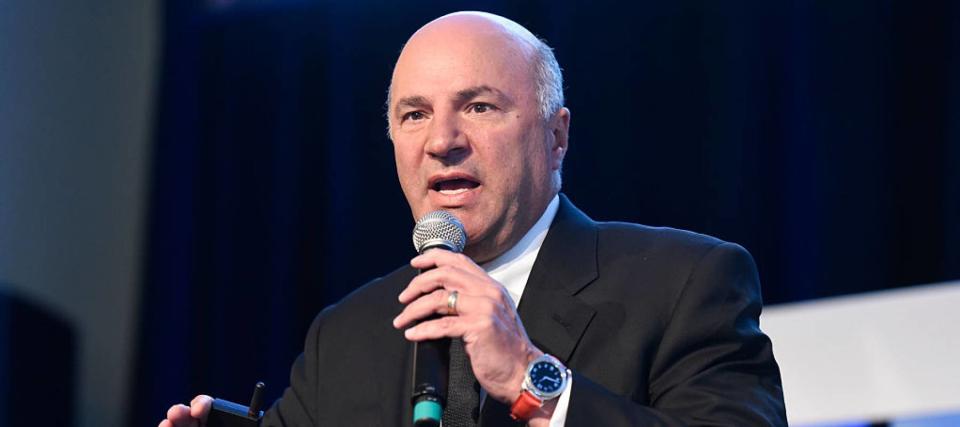
Traditional relationship advice often suggests that once you tie the knot, you should also tie your finances together.
But, Shark Tank star Kevin O’Leary offers a different take. For O’Leary, no matter how head over heels you are, keeping your money separate is a must. In his view, while love might be priceless, financial independence is the bedrock of a solid relationship.
Don’t miss
“What I tell everybody to do in a relationship is: Have your own account, your own credit card — never merge your finances together,” said O’Leary in a Fox News interview clip that he shared on Instagram.
“’I don’t care how in love you are, you keep your account to yourself.”
But not everyone is on board with that advice. A recent study published in the Journal of Consumer Research found that couples who merge their finances may actually enjoy a stronger relationship over time.
The challenge is finding a balance between building trust through shared accounts and maintaining personal credit independence — because as O’Leary suggests, it’s not just love on the line, but your financial future.
Finding the right approach
Deciding whether to merge your finances after marriage is no simple choice, and what works for one couple may not work for another. Many couples opt for shared accounts believing it simplifies access to money and makes splitting responsibilities like paying bills or grocery shopping more convenient.
But O’Leary does have a point here, particularly when it comes to building credit. If one partner manages most of the financial obligations, the other may struggle to establish their own credit history. Shared accounts also means shared liability — if one partner racks up debt or forgets to pay the credit card bill, both credit scores can take a hit.
And if your marriage ends, you may suddenly find yourself joining the ranks of the roughly 26 million adults in the U.S. who are classified as “credit invisible.”
Read more: These 5 magic money moves will boost you up America’s net worth ladder in 2024 — and you can complete each step within minutes.
Without your own financial profile, lenders have limited information to assess, making it difficult to secure basic financial tools like mortgages or credit cards. By maintaining a separate financial identity, you ensure that regardless of your relationship status, your creditworthiness — and access to essential financial resources — remains intact.
“After you get divorced, if you have been merged in with your significant other, you’re a nobody in our system,” emphasized O’Leary.
Avoiding financial infidelity
That being said, credit isn’t everything. And keeping separate bank accounts can also make it easier to keep secrets in a relationship.
According to recent data from Experian, a significant 27% of 18 to 35 year olds admit to lying to their partners about their financial situation. In fact, nearly 1 in 5 of young adults say they don’t trust their partner enough to open a joint account.
But for couples who share their finances, as the research from the Journal of Consumer of Research shows, it can actually create a greater sense of trust by being confident in how your partner handles their money and creating a shared sense of responsibility.
Because if you think about it as protecting your shared financial future, you’re much more likely to get there in one piece.
What to read next
This article provides information only and should not be construed as advice. It is provided without warranty of any kind.
